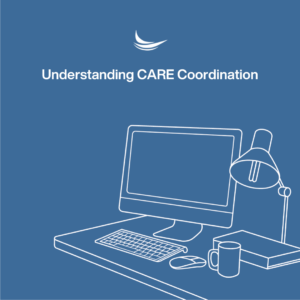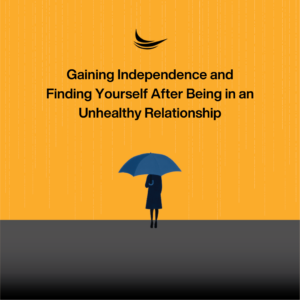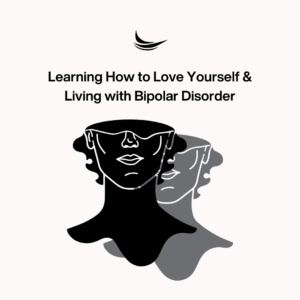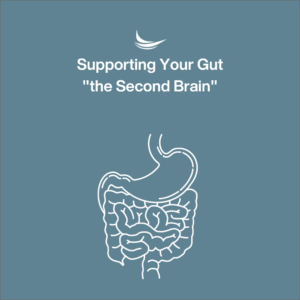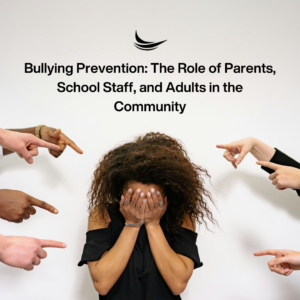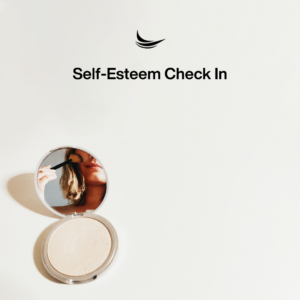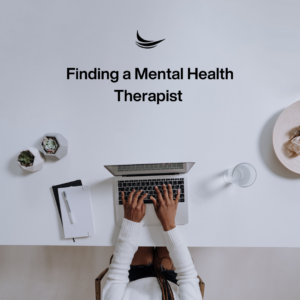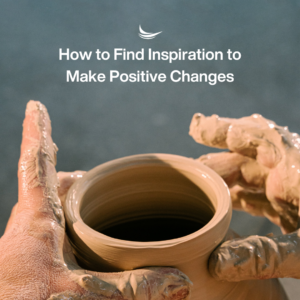20 Enjoyable End-of-Year Review Questions
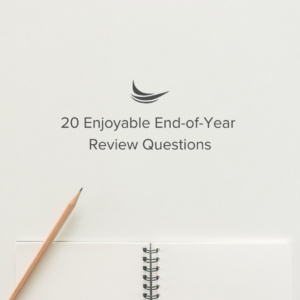 20 Enjoyable End-of-Year Review Questions
20 Enjoyable End-of-Year Review Questions
When life is busy and demanding, it’s easy to overlook small ways you’ve improved yourself and your circumstances. This is particularly the case if you’re self-critical and tend to most easily see and recall what you’re doing wrong.
The theme of most of these self-reflection questions is to learn from your successes. You don’t have to answer all the questions. Answer as many as would be enjoyable for you. For example, if you’d prefer just to do ten, you could pick either the odd or even numbers. Even choosing five to answer is fine if you’re pushed for time (Try #1, #8, #10, #13, and #18).
Try: Any of these can be used as a conversation starter with your partner, sibling, or a close friend.
End of Year Self-Reflection Questions
- What was a new discovery you made this year? What did you discover that you loved? Your answer could be anything like a new recipe, a podcast, or you joined a gym and found you really liked it.
- What was one of the biggest pleasant surprises you experienced during the year? For instance, you were able to pick up a skill that you doubted your ability to master, you were dreading going to a conference but it was really good, or you were sad when your boss left for a new job but their replacement turned out to be great.
- What achievement are you most proud of from this year? (If you find it hard to recall, try thinking back to each season of the year. For instance, what did you achieve during spring, summer, fall? You can go with your first instinct rather than attempting to recall the perfect answer.)
- What was your favorite purchase of the year and why? Mine was my robot vacuum cleaner!
- What was a new habit or routine you created this year that has improved your efficiency at home or work? This can be really small. For example, I got into a good habit of charging my laptop at night and every time I go out so that, whenever I’m using it, I don’t need to be attached to the cord.
- What did you face head on this year rather than avoiding, such as you dealt with credit card debt or a difficult conversation? Again, your example could be something very small.
- What did you ask for help with this year where you’re glad you did?
- What relationship was the biggest positive surprise to you this year? For example, you developed a closer relationship with a colleague you hadn’t previously been close to, or a cousin you don’t know well was at your family thanksgiving and you really enjoyed talking to them. Perhaps someone you don’t know very well was very supportive or encouraging of you, even if they might not even be aware their actions were important to you.
- Who do you need to thank for their role in your life this year?
- What’s an aspect of self-regulation you’ve gotten better at this year? Your answer could be anything from going to bed earlier, using moisturizer, putting your appointments on your calendar so you don’t forget, or eating more vegetables.
- What’s a goal you gave up on this year, and you’re glad you did that because objectively it wasn’t your highest priority.
- What’s a skill you have gained confidence with this year? Your answer could be related to technology, home maintenance, cooking, work, or anything you want.
- What simple pleasures have you especially enjoyed this year?
- What was a goal for the year that you followed through on, or partially followed through on?
- What’s a type of technology you’ve integrated into your life this year and it’s working out well for you? You might feel that technology doesn’t always benefit you, but try learning from your successes. Use this self-knowledge to give you the confidence to curb ways in which technology isn’t serving you in your life.
- What did you change your mind about this year?
- What did you try that didn’t work out, but the process of trying it moved your thinking forward in a helpful way?
- How did your self-perception change this year? In what ways have you started to see yourself more positively than you did previously? For example, you’ve realized you’ve got inner strength or a capacity to cope that you didn’t realize you had.
- What’s a thinking bias you’ve become aware of this year? For instance, you’ve become aware that you overcomplicate decisions, and this self-knowledge has been helpful.
- How has what you enjoy shifted this year? For instance, you’re enjoying staying home more and going out or traveling less.
Summing Up
If you’re self-critical, you might be thinking about things you wish you’d accomplished this year but didn’t. Hopefully these questions have prompted you to see achievements and personal successes you’ve been overlooking. I hope these questions have also helped you see the year less in terms of just checking off goals, and to think more broadly about how you’re evolving as a person. If you’d like to tweet me (@DrAliceBoyes), I’ve love to hear your answers to any of these questions!
https://www.psychologytoday.com/us/blog/in-practice/201812/20-enjoyable-end-year-review-questions
By: Alice Boyes, Ph.D.



